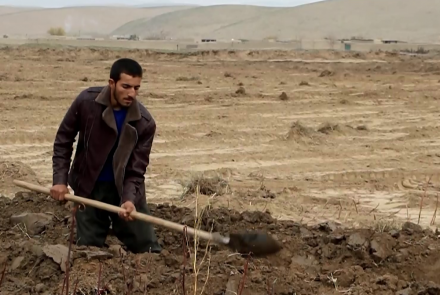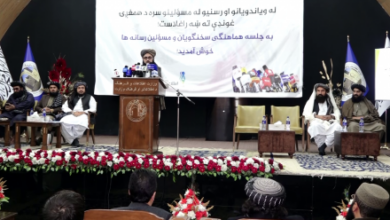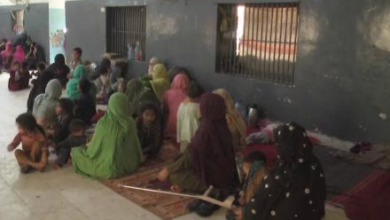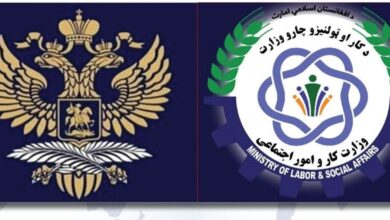Sar-e-Pol Farmers: Ban on Poppy Cultivation Has Hurt Our Economy

Farmers in Sar-e Pol province say they have faced serious economic challenges since the ban on poppy cultivation.
They emphasize that alternative crops have not yet been provided, and growing products like wheat, barley, and corn does not cover their agricultural expenses.
Sanaullah Ahmadi, a farmer in Imam Jafar village of Sayyad district, supports his family through farming. He says the lack of improved seeds and chemical fertilizers has caused annual losses for farmers in the province.
“We neither grow marijuana nor poppies now. The promised improved seeds have not been delivered yet. The seeds we buy from the market don’t even cover our costs,” said Sanaullah.
Sadam, another farmer, says that the seeds available in Sar-e-Pol markets lack quality and fail to meet farming costs.
“The improved seeds they said they would provide haven’t arrived yet. The seeds we buy from the market cost 40,000 to 50,000 afghani but yield poor results,” he said.
“The wheat and onions we grow using seeds bought from the market don’t yield good results. We urge the government to provide us with improved seeds so our efforts pay off,” said Enayatullah Mokhles, another farmer.
Meanwhile, the Directorate of Agriculture, Irrigation, and Livestock in Sar-e-Pol says it has programs in place to support farmers.
“After the ban on poppy cultivation, we proposed Heng as an alternative crop and organized workshops to teach farmers its cultivation methods,” said Sharifullah Mosadiq, head of agricultural affairs at the directorate of Agriculture, Irrigation, and Livestock.
Previously, farmers in other provinces also called on the interim government and aid organizations to provide alternative crops.



